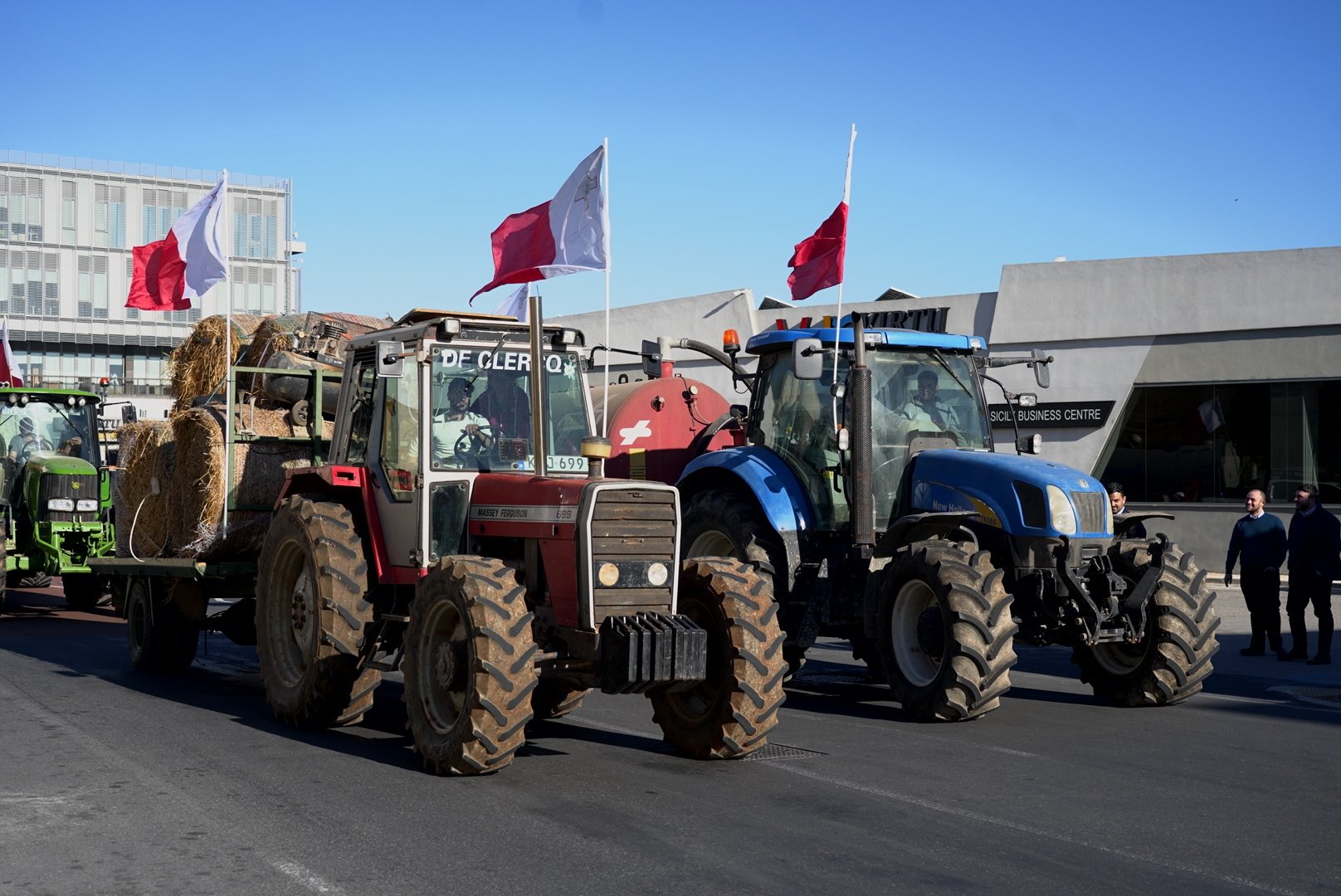We Need to Talk About Food Security
Malta’s unique position and characteristics may often fool us into believing that our country is immune to external forces, including and not limited to, the market economy.
The shape and texture of our society is in a phase of constant change, with the increase in population being the most significant impact of this economic model. The number of residents who consume food has multiplied over the last few years. But while consumption has skyrocketed, food production in Malta has dwindled. As a result, Malta has become increasingly dependent on food imported from our immediate neighbours, and from elsewhere inside and outside of the EU.
There has yet to be a discussion about food security. The COVID crisis and subsequent closure of the ports – as well as the invasion of the Ukraine and the strain on global grain supplies – had to serve as an eye opener to many. Inclement weather has also led to empty supermarket shelves, a warning sign that the supply of imported food is not always guaranteed.
Against this background, our agricultural sector is in full crisis, as shown by NSO figures published in 2022. Over ten years since the 2012 census, agricultural holdings decreased by 14.8%; 41.4% of these produce food for their own consumption; the labour force declined by 25.8%; 54.2% of these agricultural operations do not have a succession plan in place.
Let us not forget that access to safe and nutritious food is a right for everyone, and the keepers of that precious resource are farmers. While landowners own lands inherited down entire generations, our landscape and agricultural practices are the heritage left by our rural communities, by farmers who have tilled and dwelled on that land.
Rural communities relied on their own produce to thrive – or survive – before the onset of the global market. The sight of uncultivated land was rare.
Nowadays, food supply is taken for granted because of its availability, variety, and abundance; marketing plays a huge role in shaping this perception. In this regard, the cry for fresh local food has grown in line with its popularity.
However, this came without a shift in attitude towards agriculture and farmers. They remain the biggest victims of policies – or lack thereof – which encourage the construction of bulk-buying, cost-cutting supermarkets on arable land, among other forms of land speculation.
It is time to realise that farmers are the ones preserving our environment and producing fresh food, whilst also maintaining certain traditions alive. Protests across Europe have not gone by unnoticed, and the same can be said of Malta, where anger at the status quo has been simmering for a long time.
There are longstanding issues which our local politicans and elected representatives in the EU have long neglected, resulting in the near death of our agricultural sector and an inevitable rise in inflation. The need for a coherent food supply policy is stronger than ever.
